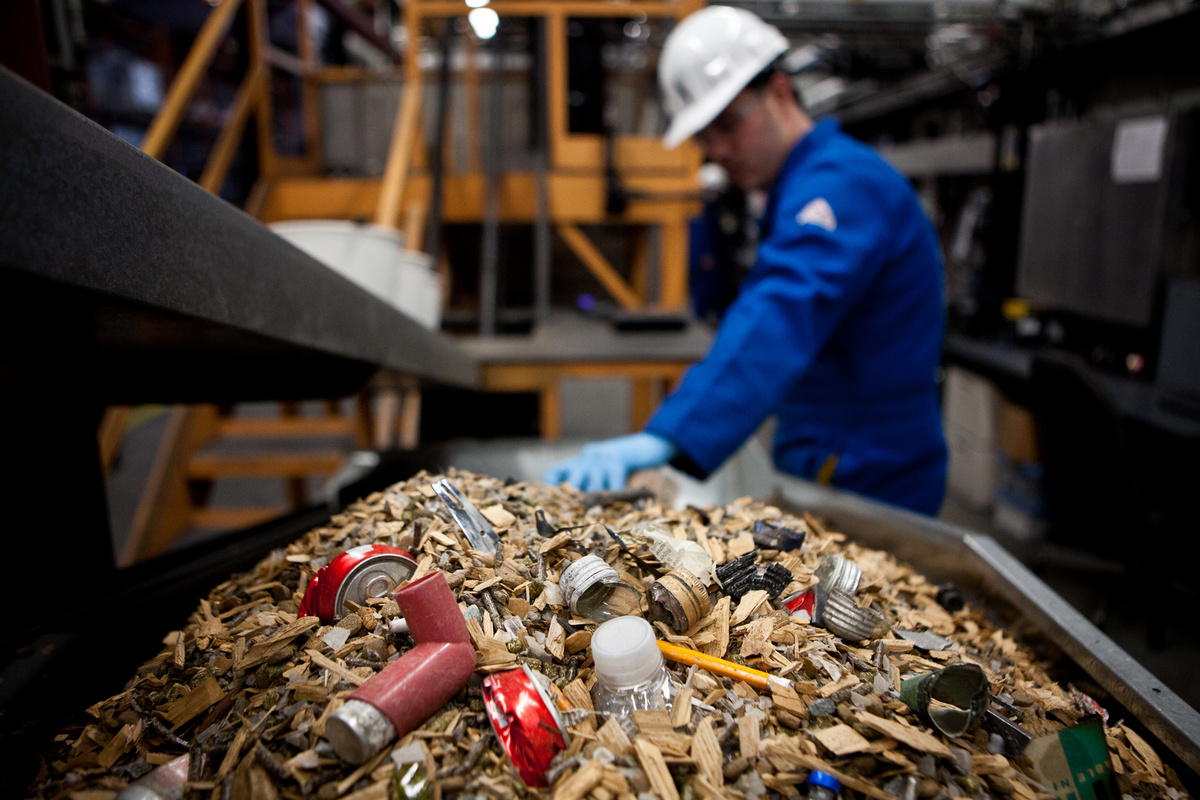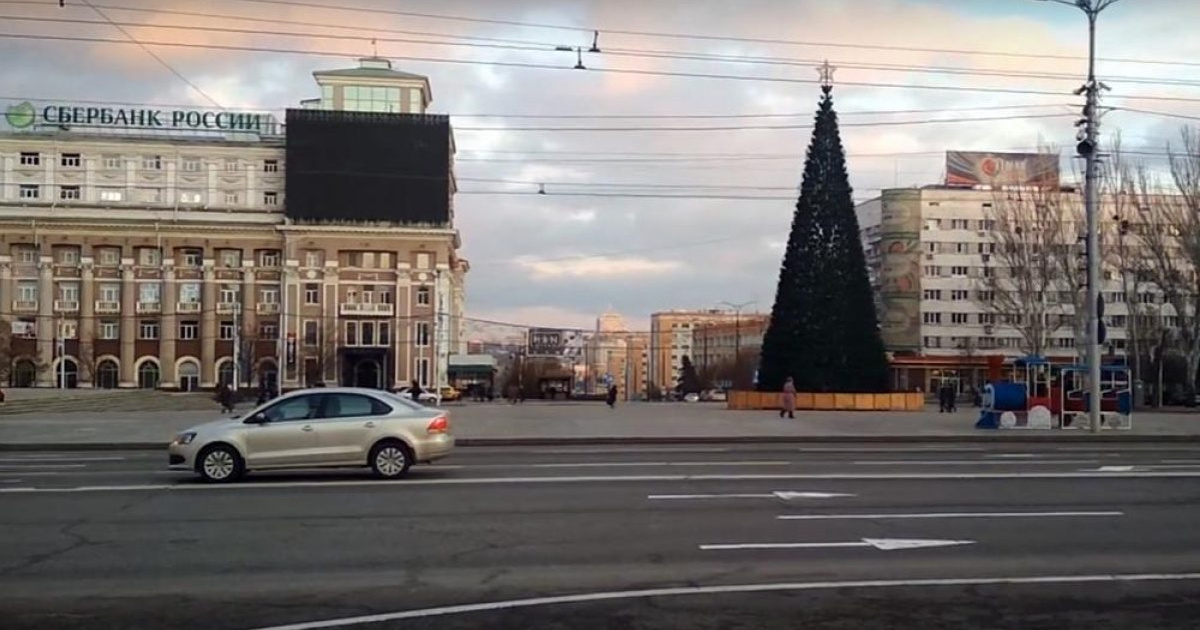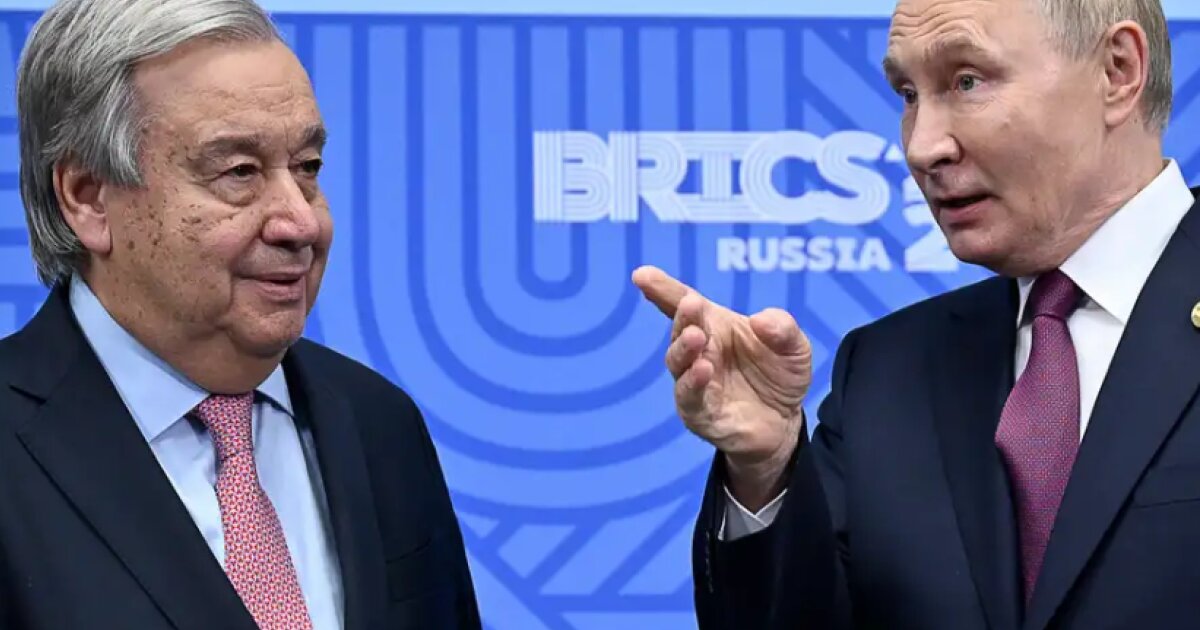The trade blockade with the occupied territories has been going on for more than two months. Therefore, the issue of Ukraine's energy security is topical, as never before. OstroV interviewed Serhiy Zuev, the former manager of the representative office in Kazakhstan of one of the world leaders in the field of energy AES Corporation, about whether Ukraine will be able to hold on without coal from Donbass and Russia.

Serhiy, how much is Ukraine dependent on coal from the occupied territories? After all, we were frightened by the energy collapse, but, in fact, nothing catastrophic happens.
– If we talk about the dependence on coal - yes, it exists. Until 2013, when there were no territorial conflicts, we consumed about 17 million tons of anthracite coal. Basically, it was consumed by the share of large thermal power plants, such as Trypilska, Zmiivska, Kryvorizhska. Last year, this consumption, of course, decreased: one of the largest thermal power plants in the country Starobeshevska remained in a territory that is not currently controlled by Ukraine. Experts say that in 2016 coal consumption of anthracite group has significantly decreased to 9-10 million tons per year.
An important point is that 60% of electricity in Ukraine in 2016 was produced by nuclear power plants. But they are not maneuverable, it is impossible to switch on or turn off the nuclear power unit quickly. And the thermal stations that consume coal are used mainly for maneuvering. That is, to cover the peak loads that arise depending on the time of day or the time of year.
Therefore, summing up – there is a dependence on anthracite! It can reveal itself during periods of peak loads, for example, in summer seasonal increase in consumption, because now there are winter and summer consumption peaks periods. However, last week we had an excess of electricity in the system. This could be influenced by various favorable factors - warming, river flooding, which contributes to the generation of energy in hydroelectric power stations.
But still, the blockade is a reality. They began to block us too. If Russia joins this blockade, we will remain without anthracite at all. Such dependence on the enemy is careless. Can Ukraine manage without coal from the occupied territories and Russian coal? Can we really ensure our energy self-sufficiency?
– We had to think about that 3 years ago and today the degree of dependence on anthracite would be much less. But there was almost no work in this direction. They started to do something in this direction at separate power plants - for example, at Trypilska station. Now the ministry reports that it will finish the process of transition to a gas coal. Although, it was possible to do much more during this period.
What can be done now? We should intensify transferring most of our power plants to the gas group coal. Yes, it requires investment, it takes time, but it is quite real to do it for 2 years.
They said that 1.5 billion is needed for the reconstruction of one block and name some other unrealistic figures. Is that true?
– I worked for AES Corporation. Among other things, we were managing the most powerful plant in Kazakhstan - Ekibastuz GRES-1. Initially, the thermal plant was designed to use Kuzbass coal from Russia. But, after the collapse of the Soviet Union, it was no longer profitable to use Russian coal. Then AES Corporation was engaged in the transfer of the station to the local coal. I am sure that the price of USD 1.5 billion is unrealistic. According to my estimates, the transfer of 2-3 large stations can be carried out for USD 250-300 million.
Of course, it is necessary to estimate each power unit individually, a lot depends on technology. After all, every coal is like a fingerprint, it is unique in its own way. Different contents of sulfur, volatile substances, different temperatures, combustion physics, flare system. Influence on the equipment depends on its form and temperature.
I want to note that when they talk about sky-high investments, you need to understand that for this project you can attract money from Western financial organizations, showing the economic feasibility of the project. They finance such projects.
On the example of Kazakhstan, I can tell that the refusal of Russian coal showed economic expediency. Despite a slight decrease in efficiency, within 10%, the economic effect was very significant. After all, what is anthracite? Nobody burns it for the production of electricity, because it does not burn to the end. Its residues of combustion are about 15%-20%. In addition, anthracite is 20-40% more expensive than gas coal.
If no one burns anthracite for power generation, why do we do it?
– It was a part of planning in the Soviet era.
But the Soviet times passed 25 years ago...
– I absolutely agree with you, this work had to be done earlier. But our mines’ support has always been considered not in the economic, but in the political and social contexts. Multibillion funds were allocated to the coal industry.... Therefore, I cannot comment on why this was not done. This had to be done a long time ago, I agree with you.
Let us return to the question of what can be done right now?
– The first thing is to transfer the capacities of the plants that work for export to the domestic market. For example, the capacity of the Burshtyn power plant. Of course, it is also necessary to coordinate all the issues with European partners.
It is also possible to mix different types of coal. Unfortunately, this option may be harmful for the equipment, but there are already scientific developments that will help to minimize the damage.
Let us talk in more detail about the second option. Do you suggest mixing gas coal with anthracite?
– Yes. This is already happening at some power plants. In addition, there is a technology for burning petcoke. It is possible to switch to the petcoke quickly enough and without large expenses. But long-term risks from the point of view of ecology, as well as from the point of view of risks for the equipment, arise once again because there may be more aggressive influence on the equipment. However, I know that such experiments were carried out at some stations in Ukraine, they were somewhere more successful, somewhere less.
How else can Ukraine protect itself during the energy crisis?
– We need to maximize the work on the import of coal now. All the more so as the contact base is already exists, as well as the pattern of market.
It is also necessary to stimulate and maximize the production of nuclear power plants. The capacity utilization factor of nuclear power plants in Ukraine is somewhere at the level of 60-70% while in the world context this figure reaches 80%. And even 90% in the USA. So the increase of the installed capacity utilization factor of nuclear power plants by 10% will be able to give a free hand for us.
And it is very important - Ukraine needs to stimulate the increase in electricity consumption during the night, when we have a big recession, in terms of legislation in every possible way. For example, almost the lion's share of industry and population in Europe switches to the night mode of consumption. The common practice of any European - to switch on the washing-machine only at night, because it is cheaper. We seem to have it in theory, but in practice we know that it does not work.
And what is about alternative energy?
– Alternative energy in our context is a sad story. It takes less than 1% in Ukraine. And at the same time, a new law that actually kills the whole perspective of green energy in Ukraine was recently introduced.
The potential of stations operating on biomass and biogas alone can give 10-15% of total energy consumption in Ukraine.
Maybe it is profitable for someone to maintain a monopoly for thermal power?
– This is highly likely. But the future is in alternative energy. If you look at the world experience, then whole regions, for example, Hamburg, where about 12 million people live, is provided by green energy.
Ukraine also has a great potential in wind and solar energy. But, unfortunately, a significant regression has been there in recent years.
Another thing we should do now is energy efficiency and stimulation of energy efficiency. There are many control systems. They need to be invested and developed. For example, "smartmeters" are "smart" counters, an element of "smart grids" that can save energy and heat. We have them somewhere in Ukraine and somewhere have not, but it is possible to achieve a significant reduction in costs and losses in the electrical networks with simply better control over the energy distribution.
How much significant? To what extent can control systems cover the deficit of coal, which now arises?
– Look - we have 12% of electricity completely lost, this is our average annual loss. When there were colder winters, the loss rate was about 16%. The world figure is 8%, that is, we lose 1.5 times more electricity. Of course, it is not possible to get up and running all control systems in one year, but there are several quick solutions that can save 1% -2% during the year. Of course, we should strain after world average indicators at a long date, and reach eventually even the average European index of 5%.
Heat supply systems also require modernization. Now their losses reach 30%! It is just unreal money.
Let us talk about "Rotterdam +" formula. Let us suppose that we can quickly close 50% of the deficit of coal by energy efficiency. Is it possible to expect that another 50% can be compensated by purchasing coal abroad?
– I am not a supporter of this formula, I believe that it is economically unviable and unclear. Its logic is incomprehensible to me or other experts in this field. It was initially introduced in order to reduce our dependence and the risks on coal, security and stability of work of our stations in general. But we received an increase in tariffs for the population and industry as the result, and dependence, as we see, remained the same.
Furthermore, I believe that the formula is economically unviable at all: well, it is like if you brought potatoes from your vegetable garden to the market, and say: I will not sell it for 5 hryvnias, I want the price it is traded on the New York Stock Exchange…
By the way, literally on March 1, that is, already during the blockade, the Cabinet of Ministers decided to reconstruct one of the power units without providing there for the replacement of boilers with another coal. How do you consider this?
– This is a strange situation. It is obviously that any reconstruction and any privatization under current conditions should provide for the refusal of anthracite coal as a default. For example, Centrenergo has discussed it long ago, but, nevertheless, it is postponed in fact year after year, despite the fact that the queue of the largest foreign investors lined up time after time. I do not know whether this queue will be now. As for me, the main condition for the privatization of CHP should be an investment agreement, in which the period of the station's refusal of anthracites is prescribed.
You won the tender for the position of director of Ukrenergo, and what then? The tender is won, but you do not work. Are you not high-demand by our state?
– I do not work in the energy sector at the moment, and the tender was held back in May 2016. After the results of the tender were announced in the press, I left my place of work in AES Corporation and returned to Ukraine, brought my family. But the appointment did not happen, because the tender was blocked by the court decision.
And who did appeal to the court?
– Mr. Nosulko. He was one of the candidates for the position, but did not qualify for the second round. However, he considered that his rights were violated and appealed to the court. The court decided in his favor. This decision is litigated at the moment.
Do you think this is a political decision to block your appointment?
– I would not want to answer this question. I will simply say that when the tender began, there was still a previous staff of the Cabinet of Ministers, which started actively holding tenders. For example, the selection of executives at Ukrposhta and Ukrzaliznytsia has already been completed. The first stage of my tender was held at the time of the old one, the second one - already at the time of the new Cabinet of Ministers. Apparently interested people realized that I had never worked with oligarchs, not in the system, so they were frightened.
Is Kononenko "interested people"?
– I name no names.
Interviewed by Serhiy Harmash, OstroV




